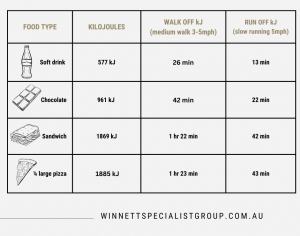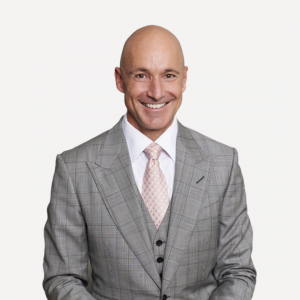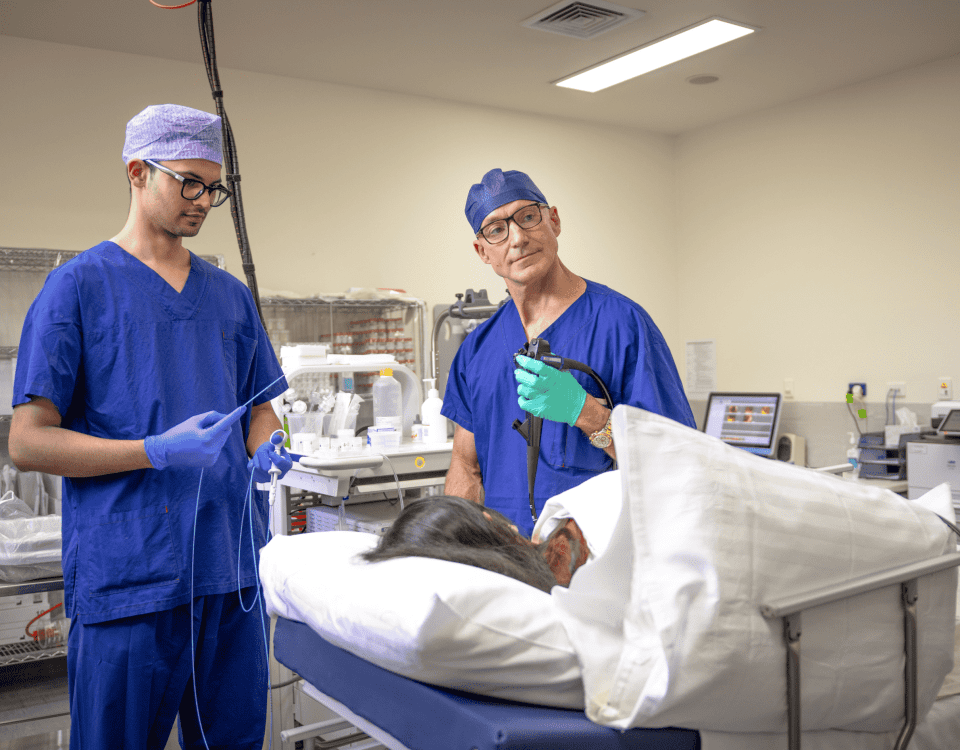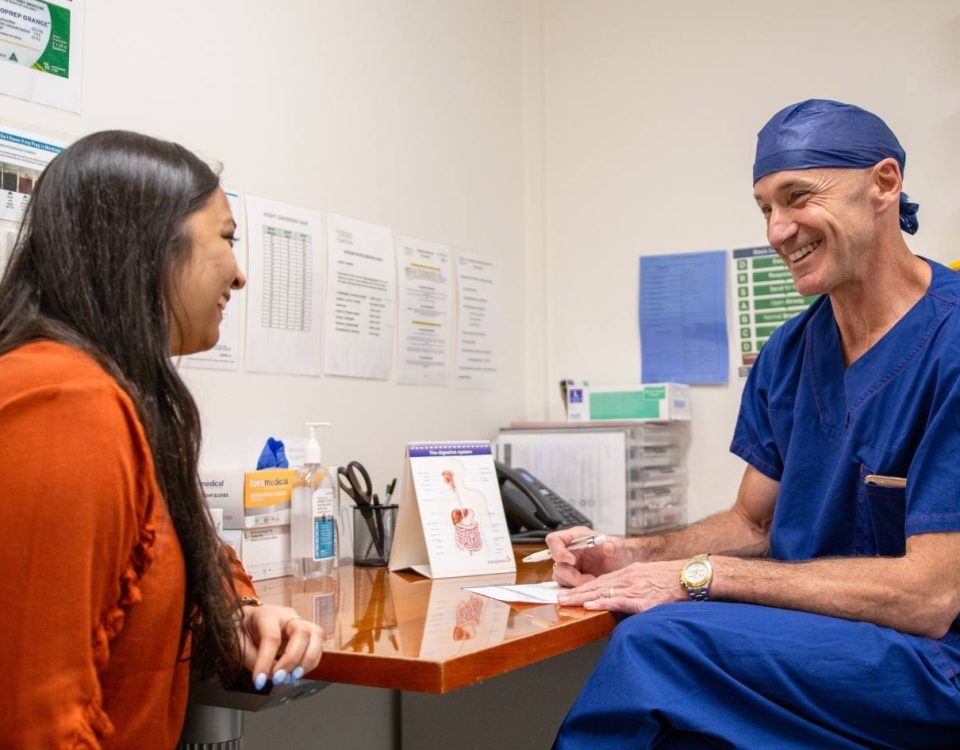
1. The Reality of Holiday Weight Gain
The average patient will put on 0.48kg over every Xmas period according to The New England Journal of Medicine.
Many people talk about putting on a 1-2 kg extra weight over the holiday period, says Bariatric and Laparoscopic Surgeon Mr Jason Winnett.
“This study of 200 healthy patients found the weight increase on average was only 0.48kg, or much lower than what is commonly thought.”
“It did conclude however that the cumulative impact of even this small yearly weight gain can contribute significantly to body weight that occurs as adults age.”
He says although this small amount might not appear to be clinically important and is often unnoticed it’s important for bariatric patients especially during this high-risk period to be monitored very closely by GPs around the holiday season.
2. Heart attacks higher at Christmas
A famous study in the American Journal Circulation two decades ago, found that there were significantly more heart attacks on Christmas Day and New Year’s Day in a phenomenon the Journal called “The Merry Christmas Coronary” and “the New Year Heart Attack”.
Whilst respiratory illness due to cold weather was one of the big culprits, a 2017 study from the University of Melbourne found that even in the Summer months, there were 4% more heart attacks on holiday days of the year.
“Higher respiratory illness or increased winter air pollution, seem less plausible,” it found.
“However, changes in diet and alcohol consumption and general stress cannot be ruled out as they are common to Christmas everywhere.”
Another factor could be that people who experience heart troubles delay seeking care over the holidays due to traveling away from their usual place of residence.
“Interestingly, we found the average age of those dying is slightly younger, which is consistent with this type of explanation,” the authors found.
Mr Winnett adds that the Christmas period is also a peak time for emotional and financial stress which can also trigger comfort eating.
“With so many interest rate rises in recent times and chocolate and chips fast and cheap, it’s more important than ever to reinforce healthy eating habits by encouraging patients to cook in bulk and utilise leftovers.
“And if people must have chips as a special treat once a week, it’s better and cheaper to have fakeaway than takeaway. Thinly slice potatoes and make your own rather than buy shoestring fries drenched in oil. People tend to feel much less guilty measuring the kJ of one small potato v a large takeaway box of fries.”
3. Practical GP Approaches
Brief, pictorial GP interventions can help, says the BMJ which include:
- Encouraging patients to self-weigh and record weight.
- Encourage patients to monitor food intake.
- Provide pictorial information, pictorial images of calorie expenditure (PACE) of regularly consumed festive food and drinks.

- Winnett Psychologist Georgie Beames says GPs can also help their patients during this period by giving them a craving plan to follow, rather than to just hope they will “react” in a difficult food situation. This might include:encouraging patients to tune into their body to differentiate between physical hunger and head hunger (cravings).
- “Also encourage them to try moving to a different seat than the one they are sitting in if they experience a sudden craving.
- “A 5-minute body scan process of box breathing (breathe in for 4, hold for 4, out for 4) can also help stave off a craving and helps patients to take themselves off automatic food pilot.”

Mr Jason Winnett
Laparoscopic and Bariatric Surgeon
P (03) 9417 1555 admin@winnettspecialistgroup.com.au
www.winnettspecialistgroup.com.au
Queens Terrace, 382 Victoria Parade, East Melbourne 3002
Sources:
NEJM 2000, A prospective study of holiday weight gain, NEJM
University of Melbourne Dec, 2017, Heart Attack Deaths Much More Likely at Christmas
HotDoc 9 things every medical practice should do before the festive holidays



